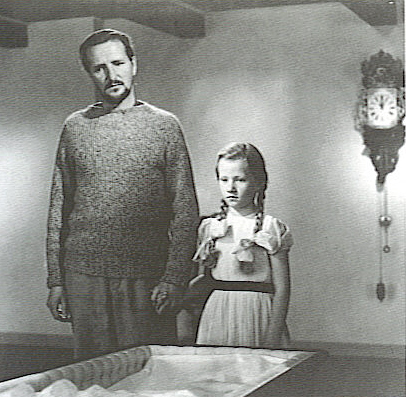Ten Overlooked Fantasy Films on DVD (and 2 more that should be)
Posted by DVD Beaver in October 2007; I’ve updated many of the links. — J.R.
As with science fiction, the focus of my previous article in this series, the definition of what constitutes a fantasy film is to some extent arbitrary. Not every account of The Tiger of Eschnapur would situate it within the realm of fantasy, though I’d argue that a sequence involving a spider’s web that’s woven in the entrance to a cave, and perhaps other details as well, warrant such a description. The some goes for Confessions of an Opium Eater and its sudden shifts into slow-motion; these are nominally justified as opium-induced perceptions, but when the hero suddenly falls from a building and does several rapid cartwheels in midair, it’s impossible to tell at which point the logic of dreams takes over. In other respects, accepting Eyes Wide Shut as a fantasy is more a matter of interpretation than a matter of pointing at any obvious genre elements. And of course the realm of horror, which overlaps with fantasy without necessarily becoming fantasy (as in the cases of The Seventh Victim, Psycho, and Peeping Tom, for instance), accounts for at least four of my selections—Vampyr, Night of the Demon, The Masque of the Red Death, and Martin. Read more


